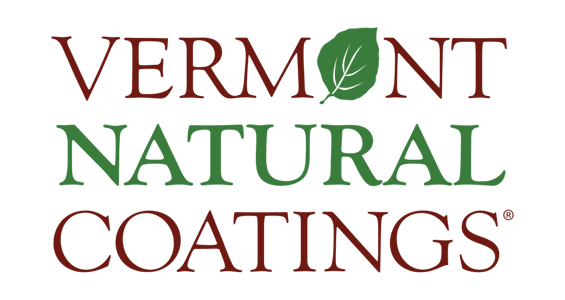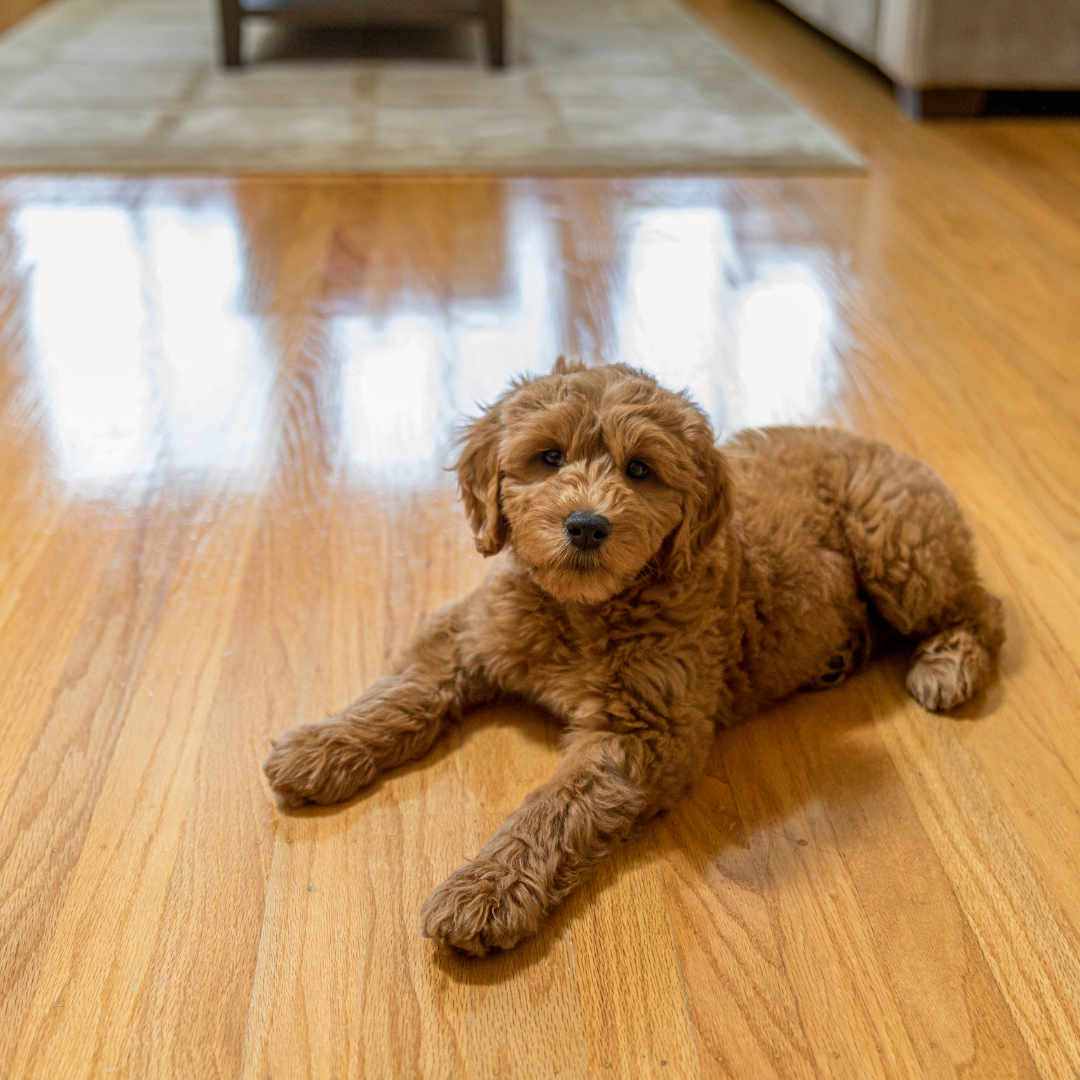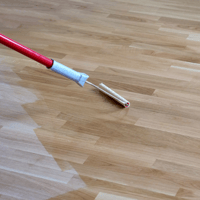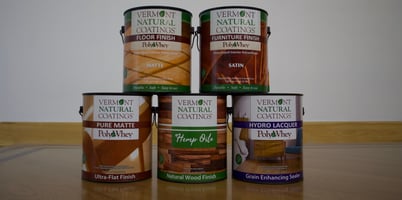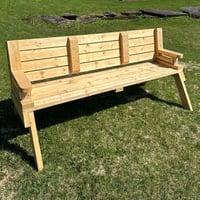To view the full report, click here.
How to Choose Pet-Safe Wood Coatings: Tips for Responsible Pet Owners
Learn how to protect your pets and choose the right wood coatings for your home.
Understanding the Importance of Pet-Safe Wood Coatings
Wood coatings are commonly used to protect and enhance the appearance of wooden surfaces in our homes. However, not all wood coatings are safe for pets. It is crucial for responsible pet owners to understand the importance of using pet-safe wood coatings.
Pets, such as dogs and cats, are curious creatures and tend to explore their surroundings with their mouths. This means that they may come into contact with the wood coatings applied to furniture, cabinets, or flooring. If these coatings contain harmful chemicals, it can pose a serious risk to the health and safety of our beloved pets.
Pet-safe wood coatings are formulated with non-toxic ingredients that are safe for animals. They are designed to provide a protective barrier while ensuring that pets do not ingest any harmful substances. By choosing pet-safe wood coatings, you can create a pet-friendly environment in your home and prevent potential health problems for your furry friends.
Common Wood Coatings and Their Potential Risks to Pets
There are various types of wood coatings available in the market, but not all of them are safe for pets. Some common wood coatings, such as polyurethane, varnish, and shellac, may contain toxic chemicals that can be harmful to animals.
Polyurethane, for example, often contains volatile organic compounds (VOCs) that can emit harmful fumes. These fumes can irritate pets' respiratory systems and may cause symptoms like coughing, sneezing, or difficulty breathing. Varnish and shellac may also contain toxic substances like formaldehyde, which can be dangerous if ingested by pets.
It is important to be aware of these potential risks and choose wood coatings that are specifically labeled as pet-safe. By doing so, you can ensure the well-being of your pets and minimize their exposure to harmful chemicals.
Key Factors to Consider When Choosing Pet-Safe Wood Coatings
When selecting pet-safe wood coatings, there are several key factors to consider. These factors can help you make an informed decision and choose the right coating for your needs and the safety of your pets.
Firstly, look for wood coatings that are specifically labeled as pet-safe or non-toxic. This ensures that the product has been tested and deemed safe for use around animals.
Secondly, consider the durability of the coating. Pets can be rough on furniture and floors, so it is essential to choose a coating that can withstand their claws or paws without chipping or peeling.
Additionally, look for coatings that are easy to clean and maintain. Accidents happen, and it's important to be able to wipe away pet stains or messes without damaging the coating or compromising its safety.
Lastly, consider the application method. Some wood coatings require professional application, while others can be applied by homeowners. Choose a coating that suits your skill level and follow the instructions carefully to ensure a safe and effective application.
Recommended Pet-Safe Wood Coatings for Different Applications
Vermont Natural Coatings utilizes safe, bio-based ingredients to create ultra-low VOC, non-toxic wood coatings. Our revolutionary PolyWhey technology provides the durability of traditional wood coatings without compromising the health and safety of you, your pets, and the planet.
Neptune Wood Floor Stain with PolyWhey
Tips for Applying Wood Coatings Safely in a Pet-Friendly Environment
Applying wood coatings can be a DIY project, but it is important to take precautions when doing so in a pet-friendly environment. Follow these tips to ensure the safety of your pets:
- Choose a well-ventilated area for the application process to minimize your pets' exposure to fumes.
- Keep your pets away from the area during the application and drying process. Restrict their access to the coated surfaces until the coating has fully cured.
- If possible, consider temporarily relocating your pets to another room or area of the house during the application process.
- Dispose of any used brushes, rollers, or other application tools properly to prevent your pets from chewing on them and ingesting harmful substances.
- Clean up any spills or drips immediately to prevent your pets from coming into contact with wet coatings.
By following these tips, you can ensure a safe and pet-friendly wood coating application process.
